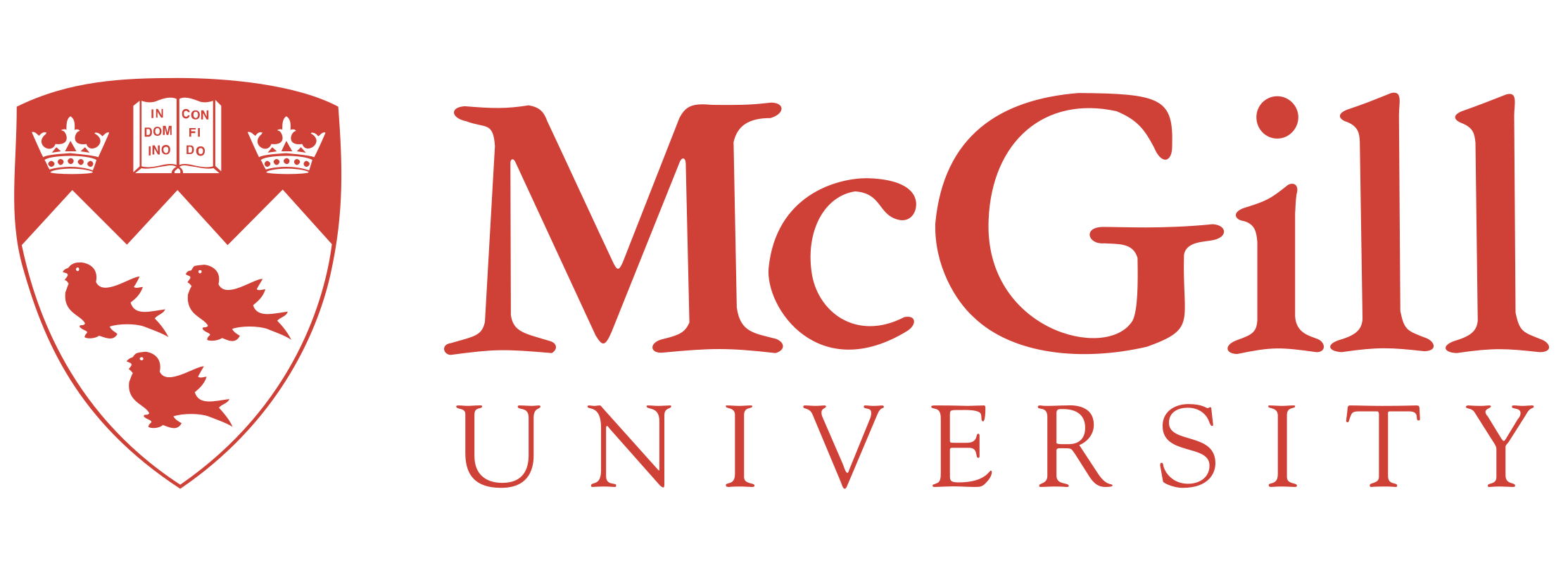The development of advanced neuroimaging techniques has made it possible to annotate the brain in increasingly rich detail. In parallel, the open science movement has given researchers from diverse disciplines access to an unprecedented number of human brain maps. Integrating multimodal, multiscale human brain maps is necessary for broadening our understanding of brain structure and function.
Here I will introduce neuromaps, an open-access Python software toolbox for contextualizing human brain maps. Neuromaps currently features over 70 curated brain maps, including genomic, neuroreceptor, microstructural, electrophysiological, developmental, and functional ontologies. The toolbox implements functionalities for generating high-quality transformations between four standard neuroimaging coordinate systems (MNI152, fsaverage, fsLR, CIVET), and can parcellate vertex- and voxel-level data according to a specified brain atlas. Robust quantitative assessment of map-to-map similarity is enabled via a suite of spatial autocorrelation-preserving null models, including permutation-based and generative models. Neuromaps combines open-access data with transparent functionality for standardizing and comparing brain maps, providing a systematic workflow for comprehensive structural and functional annotation enrichment analysis of the human brain.
The workshop will include a presentation as well as a live coding workshop. Attendees are encouraged to bring their laptops to follow along.

Justine Hansen
Network Neuroscience Lab,
McGill University
 |  |

